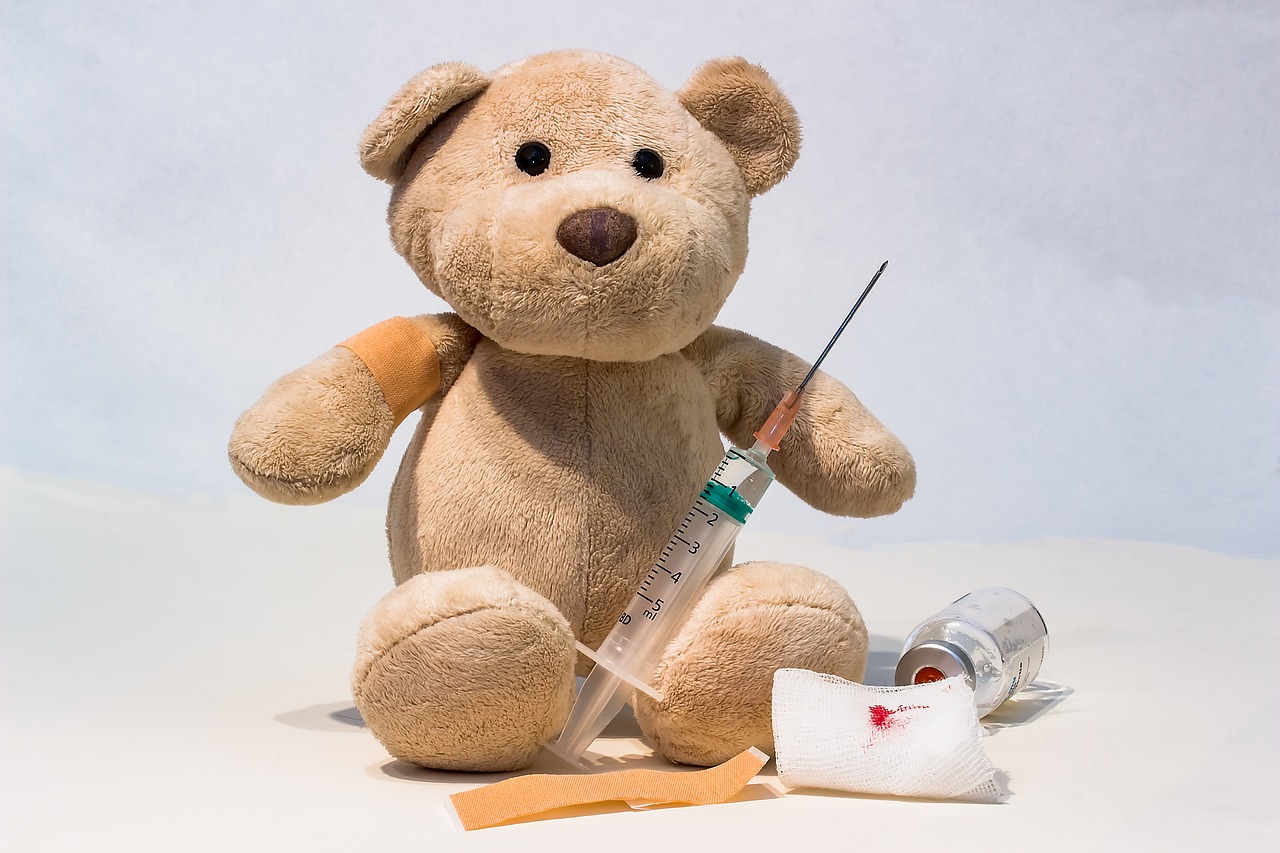A type 1 diabetes vaccine

It’s all about vaccines these days. Where I live in Prague, the outdoor areas of bars and restaurants just opened up. A condition is that patrons must be able to show vaccination certificates or valid covid-tests in random spot checks by the police. After observing the terraces crammed with happy beer drinkers, I wish them the best of luck with that. We’ve once again dropped the ball on covid after spending months in our houses waiting for incidence rates to come down. It’s nice to know we were almost there.
A vaccine that doesn’t get nearly as much publicity as the covid one is a new vaccine against type 1 diabetes. While this has long been a scientific fantasy, Swedish biotech startup Diamyd Medical is moving towards a large-scale phase III trial. The vaccine works to reprogram immune cells to stop them from destroying the insulin-producing cells in the pancreas. It’s been in the pipeline for two decades, and the latest studies show promising results.
The upcoming trials will take place at fifty different sites in Europe and include 330 children and young adults who have recently been diagnosed with type 1 diabetes. Rather than the typical one-size-fits-all approach, the therapy is based on new precision medicine which is personalized to fit the individual’s unique physiology.
The vaccine contains GAD65 (glutamic acid decarboxylase-65), a naturally occurring enzyme in the insulin-producing beta cells that help them work properly. Most newly diagnosed type 1 diabetics have GAD antibodies that target this enzyme, which leads to an autoimmune attack on the beta cells and destroys insulin production. A vaccine that supplements the GAD65 enzyme could stop or at least slow down the destruction of beta cells and the onset of type 1 diabetes.
Subjects in the phase III trial will receive three injections of either the active vaccine or a placebo through random selection. Based on previous trials, the scientists at Diamyd Medical are confident that those who receive the vaccine will have preserved C-peptide levels and see lower HbA1c’s.
It’s an exciting potential. If the vaccine works, it could extend the honeymoon indefinitely in newly diagnosed type 1 diabetics. That would mean a life with the occasional vaccine booster rather than the grim reality of multiple daily injections and constantly having to watch what you eat. You would be a type 1 diabetic who never developed full-blown diabetes. While it’s too late for me, I hope that Diamyd’s trial is successful. It’s a game-changer for the thousands of people who have yet to be diagnosed with diabetes.
Image by Myriams-Fotos from Pixabay